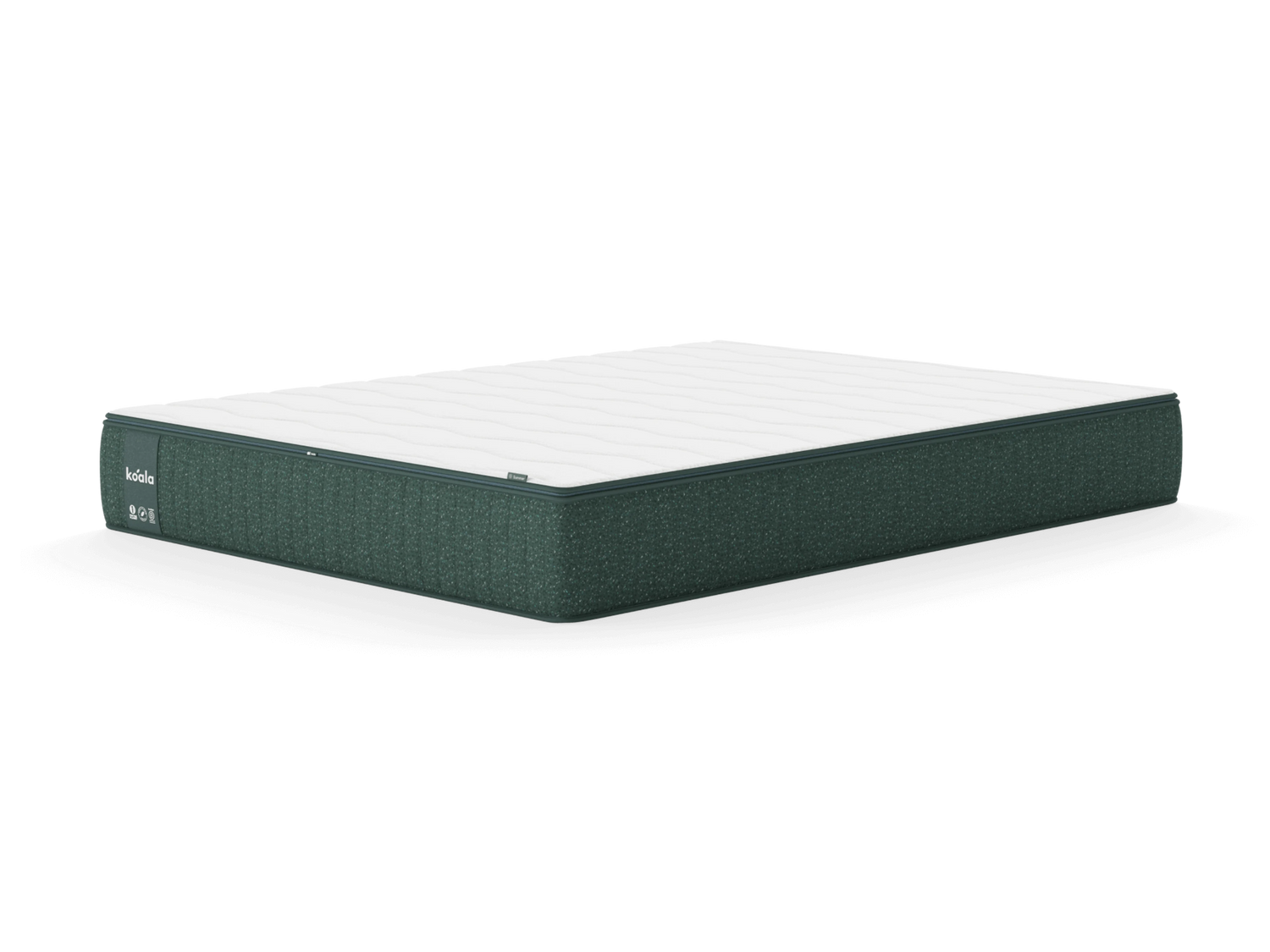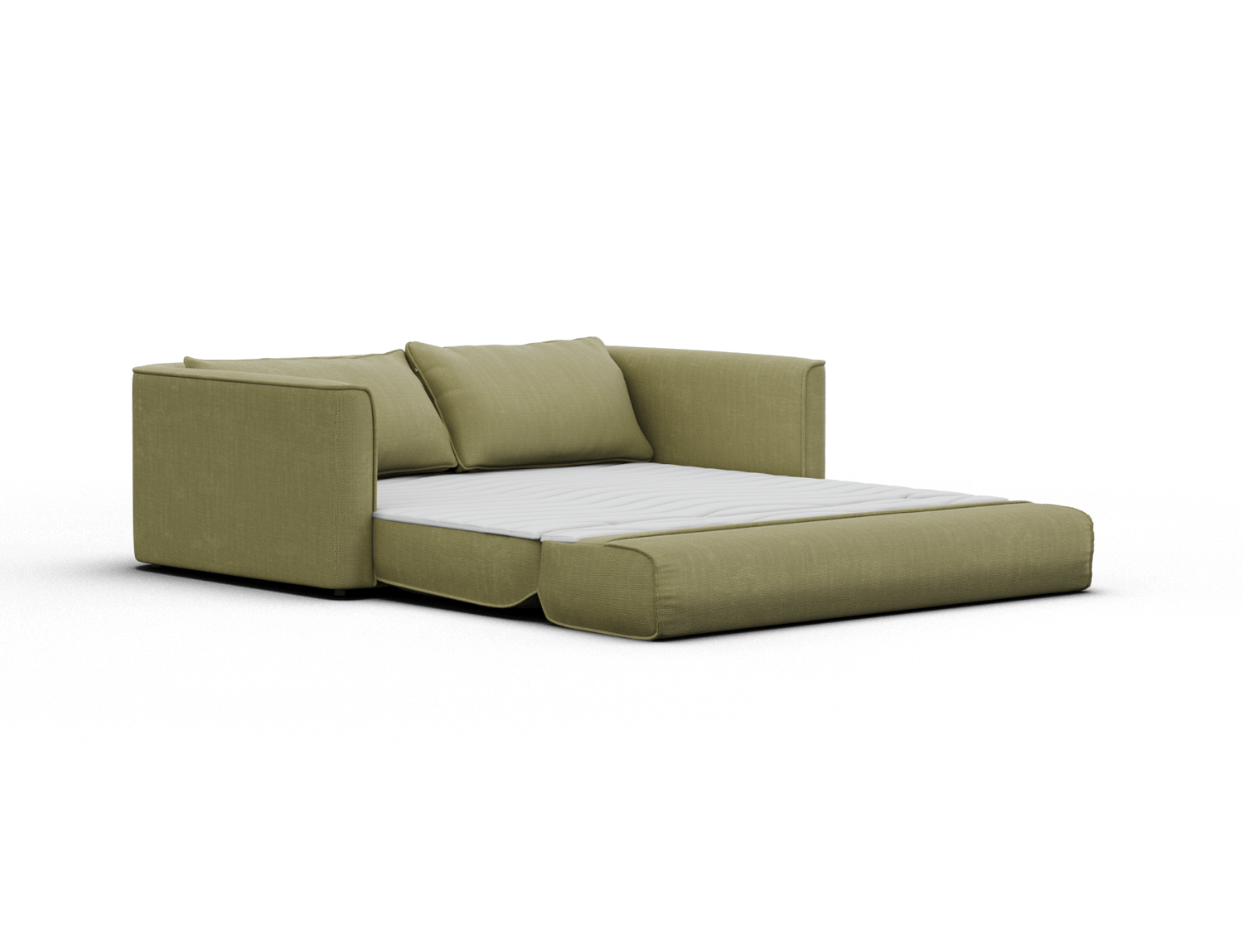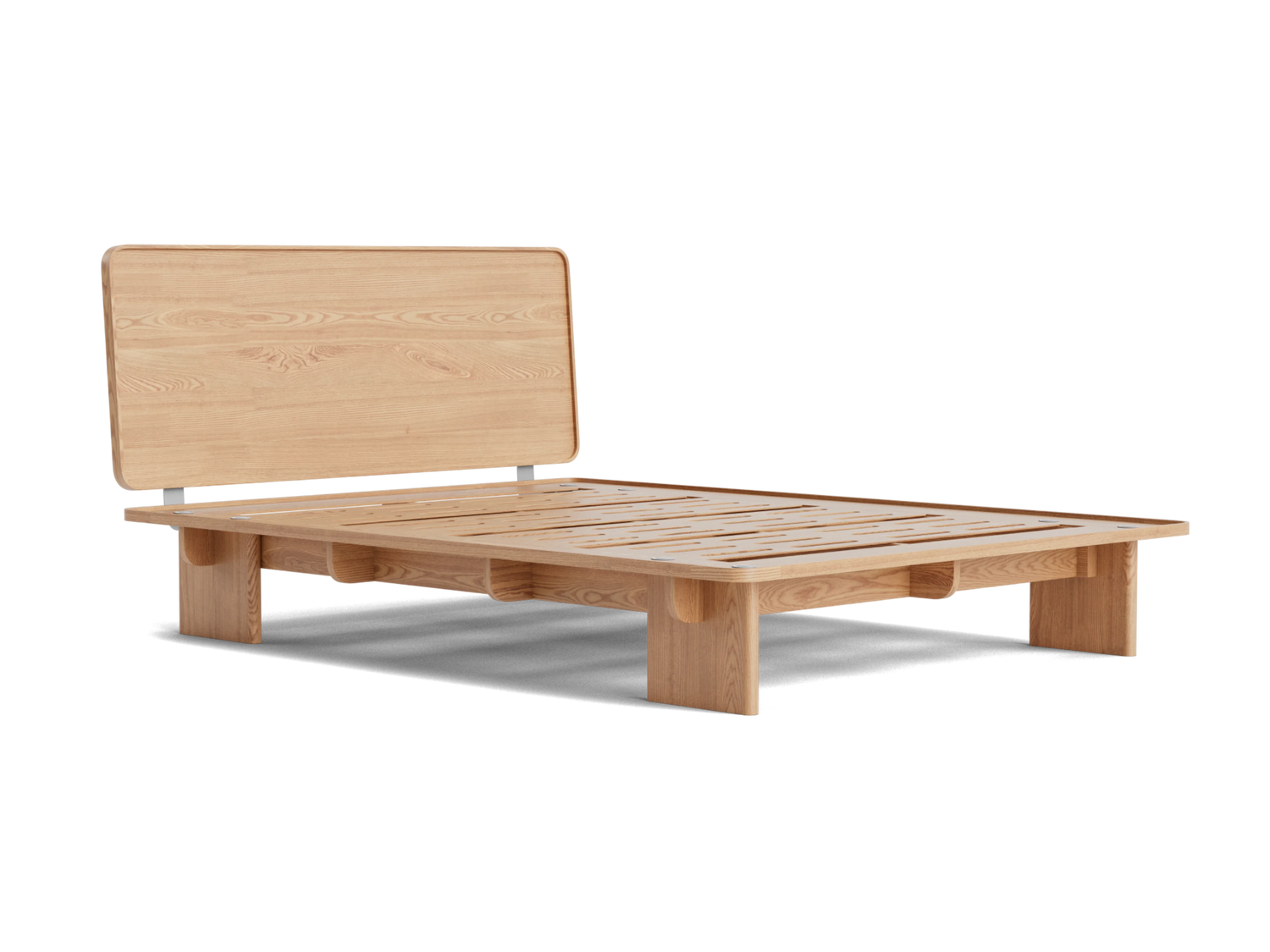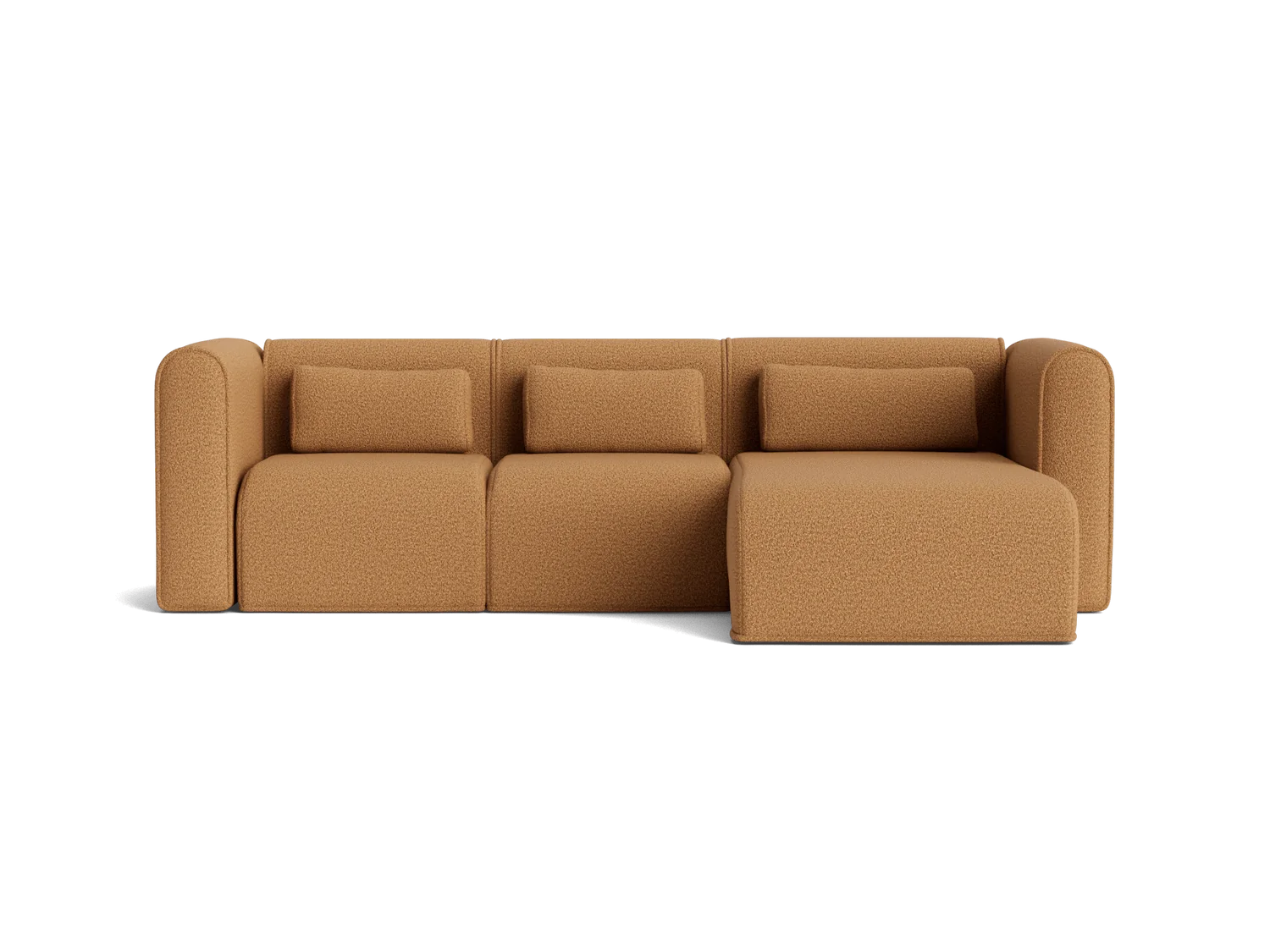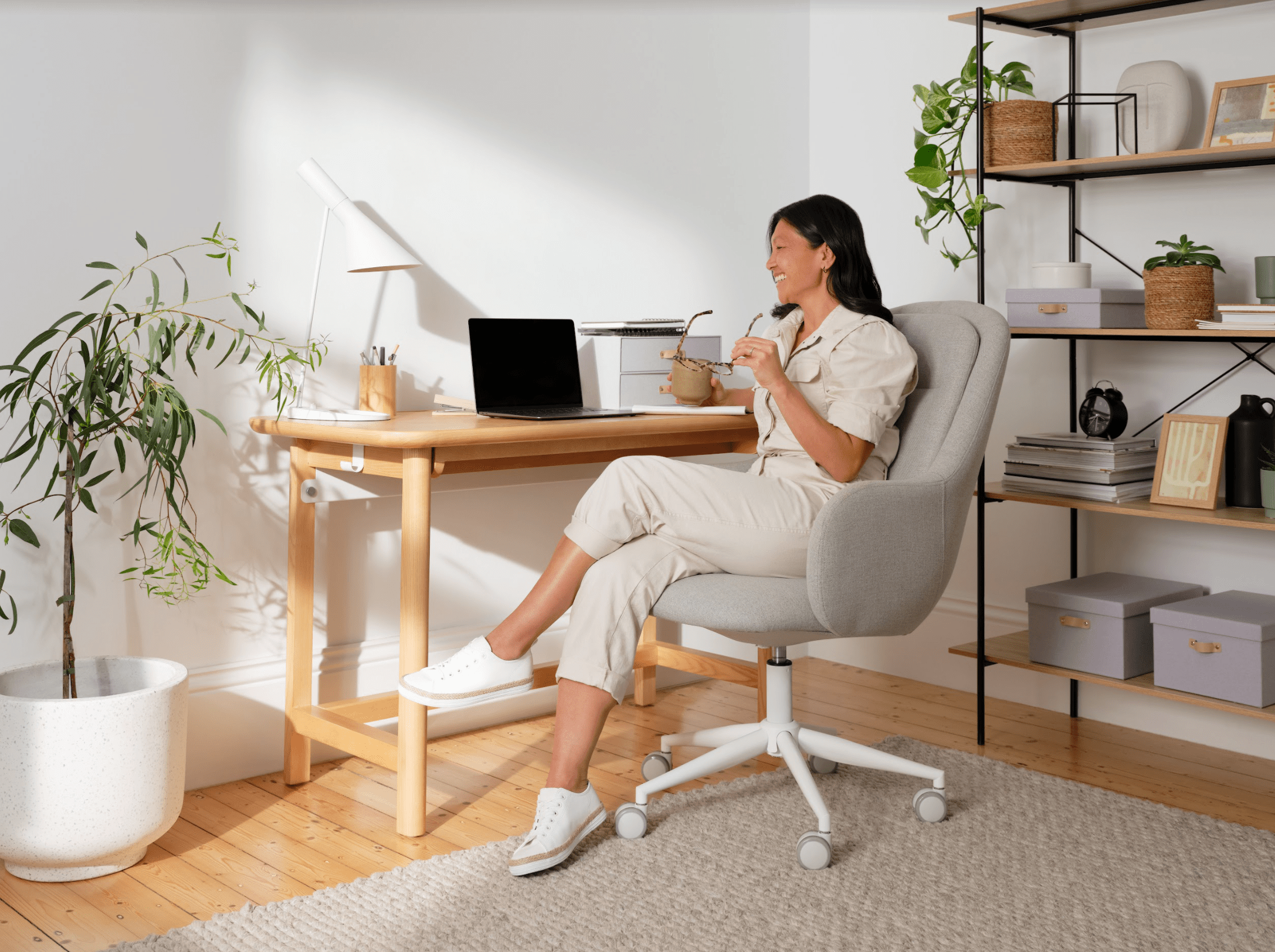
Blog
Treetops
6 best value mattress stores in Australia in 2025
There aren’t many things that are worse than waking up groggy. Especially after you’ve spent hundreds of dollars (and almost as many hours) to buy a bed you thought would...
6 best value mattress stores in Australia in 2025
There aren’t many things that are worse than waking up groggy. Especially after you’ve spent hundreds of dollars (and almost as many hours) to buy a bed you thought would...
6 best online furniture stores in Australia in ...
When life's going flat out, buying furniture online can save you wasting your Saturday arvo getting lost in showrooms that feel more like mazes. The best online furniture stores in...
6 best online furniture stores in Australia in ...
When life's going flat out, buying furniture online can save you wasting your Saturday arvo getting lost in showrooms that feel more like mazes. The best online furniture stores in...
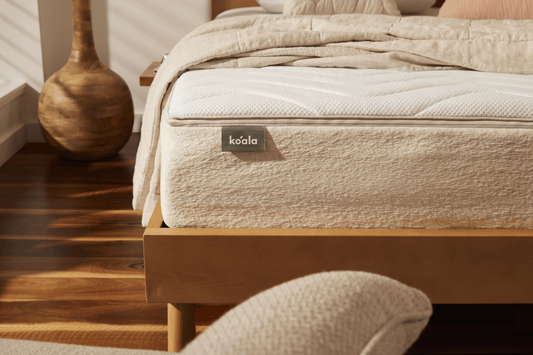
Need to get rid of a mattress? Here’s the lowdo...
Unlike a fine bottle of red, mattresses sadly don’t get better with age. Sure they last a decent run (our mattresses, for instance, come with a 10-year guarantee!), but at...
Need to get rid of a mattress? Here’s the lowdo...
Unlike a fine bottle of red, mattresses sadly don’t get better with age. Sure they last a decent run (our mattresses, for instance, come with a 10-year guarantee!), but at...

Best Sofa Beds For Media Rooms
A sofa bed in your media room is the ultimate win-win for movie nights that turn into accidental sleepovers. No more stiff necks from nodding off on the sofa, and...
Best Sofa Beds For Media Rooms
A sofa bed in your media room is the ultimate win-win for movie nights that turn into accidental sleepovers. No more stiff necks from nodding off on the sofa, and...

How to Choose the Best Sofa Bed Fabrics
When it comes to sofa beds, picking the right fabric isn't just about a ripper colour (though that's important too, mate). The right fabric can be the difference between a...
How to Choose the Best Sofa Bed Fabrics
When it comes to sofa beds, picking the right fabric isn't just about a ripper colour (though that's important too, mate). The right fabric can be the difference between a...
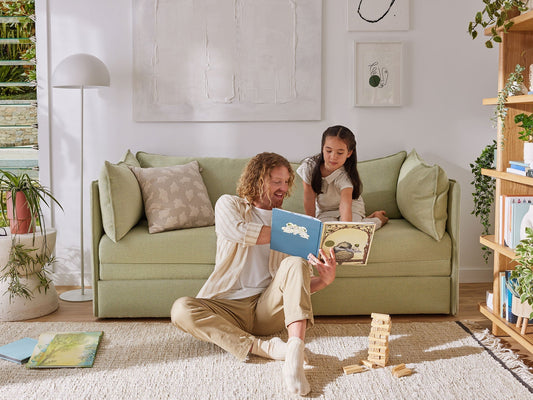
Best Sofa Beds For the Nursery
A sofa bed might just be the unsung hero of your nursery setup, offering a cosy spot for those 3 a.m. feeds when you're running on less sleep than a...
Best Sofa Beds For the Nursery
A sofa bed might just be the unsung hero of your nursery setup, offering a cosy spot for those 3 a.m. feeds when you're running on less sleep than a...
